Are You Struggling to Get Noticed in a Crowded Market? As a small entrepreneur, breaking through the noise in today’s crowded digital landscape can feel overwhelming. Have you wondered how you can stand out, compete with larger businesses, and still stay within your budget? What if there were a tool that could offer you targeted visibility and measurable results without requiring months of effort? Let’s talk about the power of PPC.
This is where Pay-Per-Click (PPC) advertising steps in. Additionally, it’s a strategic, data-driven way to put your business in front of the right audience at the right time. PPC doesn’t just level the playing field for small businesses—it can give you a competitive edge when used effectively.
So, in this blog, we’ll explore everything you need to know about PPC: how it works, why it’s essential, and how to create campaigns that deliver exceptional results. So, let’s unlock the power of PPC together!
What Is PPC, and Why Is It Vital for Small Entrepreneurs? – Power of PPC
PPC is a digital advertising model where you pay a fee every time someone clicks on your ad. It’s essentially a way to buy targeted traffic to your website or landing page rather than relying solely on organic efforts.
For small entrepreneurs, PPC is especially impactful because:
- Quick Results: Unlike organic strategies like SEO, which can take months to show results, PPC can drive traffic to your website almost immediately after launching your campaign.
- Scalable Budgets: Whether you have $50 or $5,000, PPC allows you to control your spending. Also, you can start small, test your strategies, and scale up as you see success.
- Targeted Reach: PPC platforms like Google Ads, Facebook Ads, and Instagram Ads allow you to define your audience by location, demographics, interests, and even behaviors. Moreover, this ensures that your ads reach potential customers who are genuinely interested in your products or services.
- Measurable Results: PPC provides detailed analytics on clicks, impressions, conversions, and costs. So, this transparency helps you track ROI and refine your campaigns for better results.
By leveraging PPC, you can efficiently connect with your ideal audience, even if you’re working with limited resources.
Understanding How PPC Works – Power of PPC
Before diving into strategies, let’s demystify how PPC works.
1. Choose the Right Platform
PPC advertising spans multiple platforms, each with unique advantages:
- Google Ads: Best for intent-driven searches, e.g., “best running shoes.”
- Facebook Ads: Ideal for building brand awareness and engaging users based on interests.
- Instagram Ads: Great for visually appealing products targeting younger demographics.
- LinkedIn Ads: Perfect for B2B campaigns and professional services.
2. Conduct Keyword Research
For search-based PPC campaigns, understanding your audience’s search behavior is crucial. Additionally, use tools like Google Keyword Planner, SEMrush, or Ahrefs to find high-intent keywords that align with your business goals.
For example:
- Short-Tail Keywords: Broad and competitive, e.g., “laptops.”
- Long-Tail Keywords: Specific and conversion-friendly, e.g., “affordable laptops for students.”
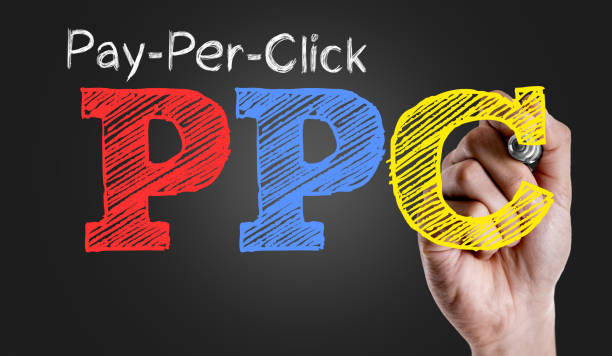
3. Set a Budget – Power of PPC
PPC platforms let you control your spending. Moreover, you can allocate a daily budget, set maximum bids for keywords, or use automated bidding strategies to get the best results within your budget.
4. Create Eye-Catching Ads
Craft engaging ads with:
- Compelling Headlines: Highlight benefits, such as “Save 30% on Your First Order!”
- Clear Calls to Action (CTAs): Use phrases like “Sign Up Now” or “Shop Today.”
- Relevant Visuals: Especially on platforms like Facebook and Instagram.
5. Monitor and Optimize
Once your campaign is live, regularly track its performance. Also, adjust bids, keywords, and ad copy based on data insights to maximize ROI.
Actionable Strategies to Maximize PPC Success – Power of PPC
While PPC is a powerful tool, success depends on a well-thought-out strategy. So, here are actionable tips to ensure you make the most of your campaigns:
1. Define Your Goals Clearly
What do you want to achieve with your PPC campaign? So, goals might include:
- Driving traffic to your website.
- Generating leads through sign-up forms.
- Increasing online sales.
- Promoting a limited-time offer.
Having a specific objective guides every aspect of your campaign, from keyword selection to ad design.
2. Leverage Geo-Targeting
Small entrepreneurs often focus on local markets. Additionally, use geo-targeting to display ads only to people within a specific radius of your business. For example, if you run a bakery in Denver, you don’t want your ads appearing in New York.
3. Utilize Negative Keywords – Power of PPC
Negative keywords ensure your ads don’t appear in irrelevant searches. So, if you sell premium handmade furniture, you might use “cheap furniture” or “DIY furniture” as negative keywords.
4. Optimize for Mobile Users
With most web traffic now coming from mobile devices, ensure your ads and landing pages are mobile-friendly. Also, slow-loading or poorly designed mobile pages can lead to high bounce rates and wasted ad spend.
5. A/B Test Everything
Experiment with multiple versions of your ads to find what resonates best with your audience. So, test variations in:
- Headlines.
- Images or videos.
- CTAs.
- Landing page layouts.
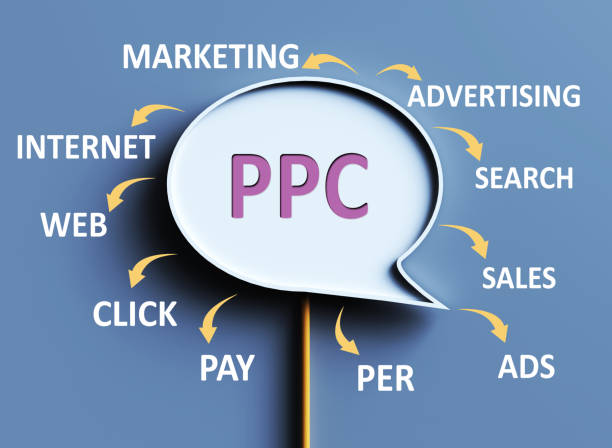
6. Focus on Conversion-Ready Landing Pages – Power of PPC
A well-optimized landing page is critical for turning clicks into conversions. Also, ensure your page:
- Matches the promise of your ad.
- Is simple to navigate.
- Includes clear CTAs and trust signals like testimonials or security badges.
7. Track Key Metrics
Monitor performance metrics like:
- Click-Through Rate (CTR): Higher CTRs indicate engaging ads.
- Conversion Rate: Measure how many clicks lead to desired actions.
- Cost Per Acquisition (CPA): Helps determine profitability.
Use analytics tools like Google Analytics or the PPC platform’s built-in dashboards for detailed insights.
Mistakes to Avoid When Running PPC Campaigns – Power of PPC
Even seasoned marketers can make mistakes with PPC. So, here are common pitfalls to watch out for:
- Ignoring Audience Segmentation: Not all customers are alike. Also, tailor your ads to different segments for better results.
- Setting It and Forgetting It: PPC campaigns need regular adjustments to stay effective.
- Overbidding or Underbidding: Spending too much can drain your budget, while spending too little might limit your reach.
- Neglecting Landing Pages: If your landing page doesn’t align with your ad’s promise, users are unlikely to convert.
How PPC Fits into a Broader Marketing Strategy
PPC works best when it complements your overall marketing efforts. So, here’s how:
- Pair PPC with SEO: PPC delivers immediate results, while SEO builds long-term visibility.
- Use PPC for Retargeting: Re-engage visitors who showed interest but didn’t convert.
- Combine PPC with Social Media: Promote high-performing social posts to reach a larger audience.
By integrating PPC into a cohesive marketing strategy, you create a multi-channel approach that maximizes impact.

Case Studies: Small Businesses That Succeeded with PPC – Power of PPC
Case Study 1: A Local Coffee Shop
A small coffee shop used geo-targeted Google Ads to promote their new menu. Additionally, by targeting “coffee near me” searches, they increased foot traffic by 50% in two months.
Case Study 2: An Online Jewelry Store
A jewelry store focused on retargeting users who abandoned their carts. So, by offering a 10% discount in their retargeting ads, they recovered 30% of lost sales.
What’s Next for PPC? Future Trends to Watch
PPC is evolving rapidly. Stay ahead by embracing these trends:
- AI and Machine Learning: Automate bidding and audience targeting for better efficiency.
- Voice Search Optimization: Adapt to voice-driven searches by using natural language keywords.
- Interactive Ads: Use formats like carousel ads or video ads to boost engagement.
Conclusion: Power of PPC
For small entrepreneurs, PPC isn’t just an option—it’s a necessity. Additionally, it offers a scalable, data-driven way to compete in a digital-first world. By following the strategies outlined in this blog, you can unlock the full potential of PPC and achieve measurable business growth.
So, why wait? Take the first step today, and let PPC propel your entrepreneurial journey to new heights!



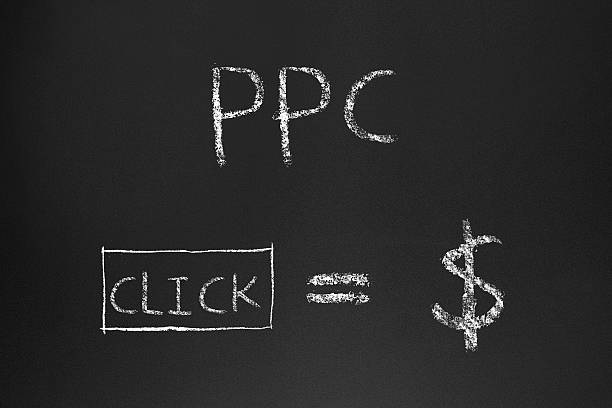
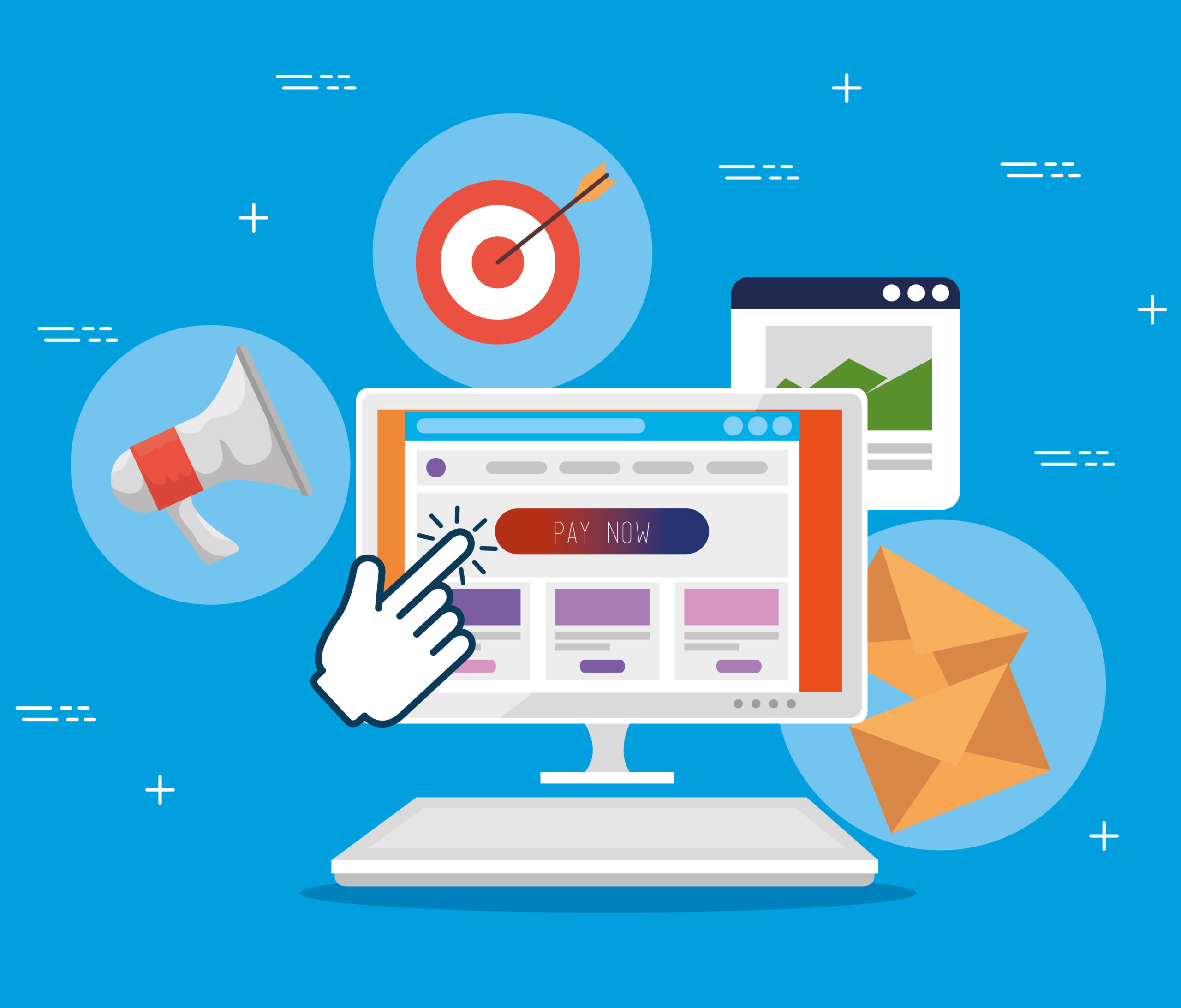


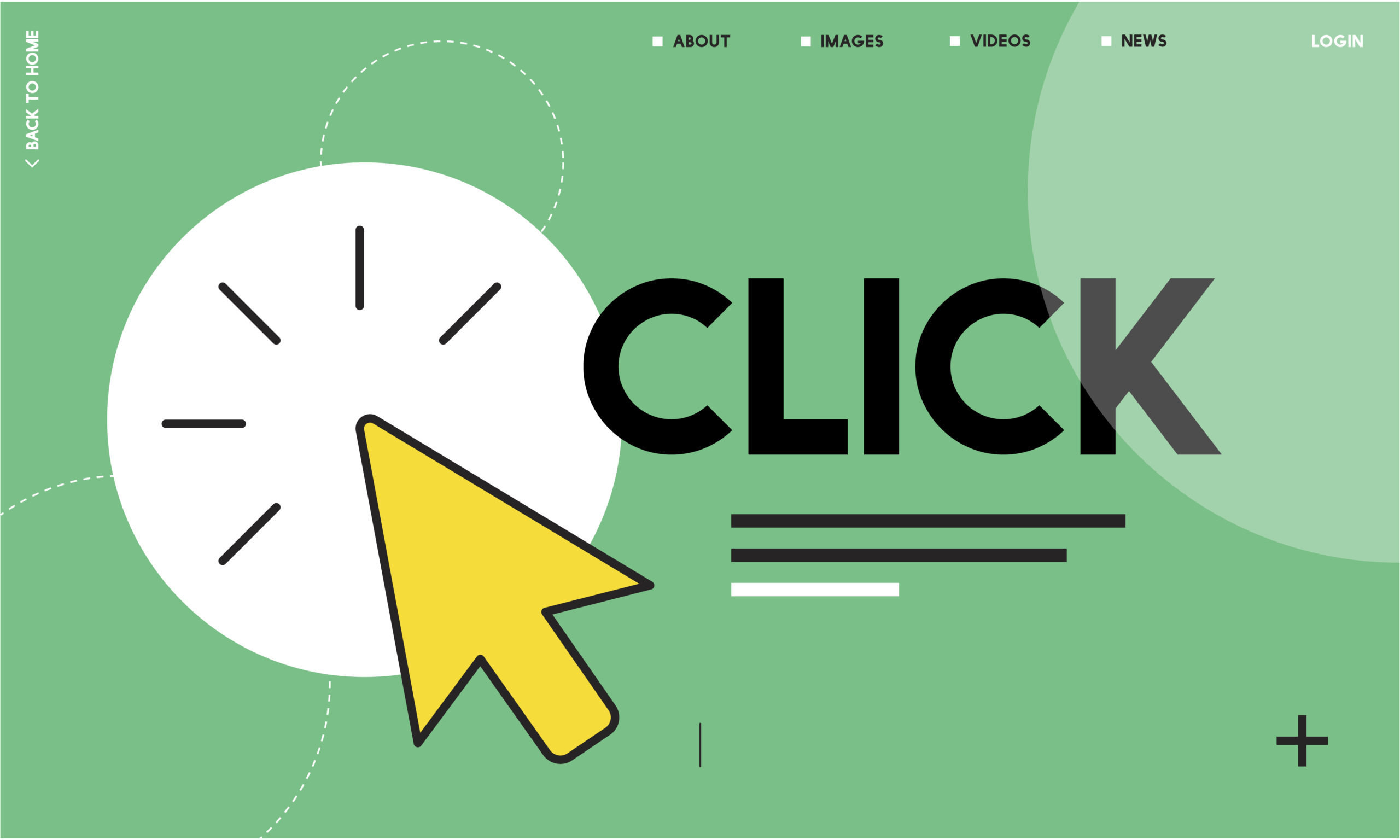
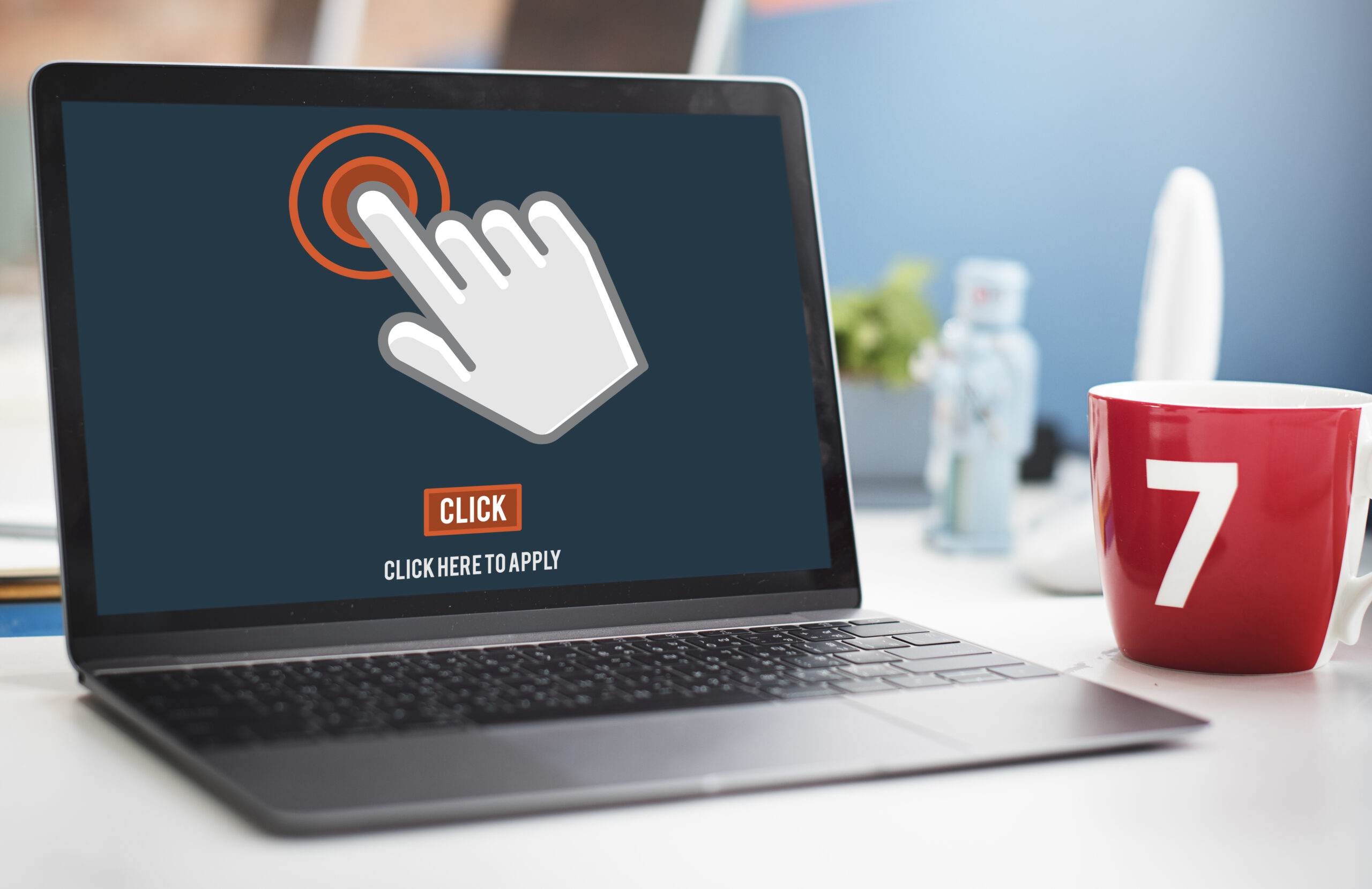
[…] Pay Per Click (PPC) Marketing How PPC Advertising Can Transform Your Small Business Pay Per Click (PPC) Marketing Unlocking the Power of PPC for Small Entrepreneurs […]